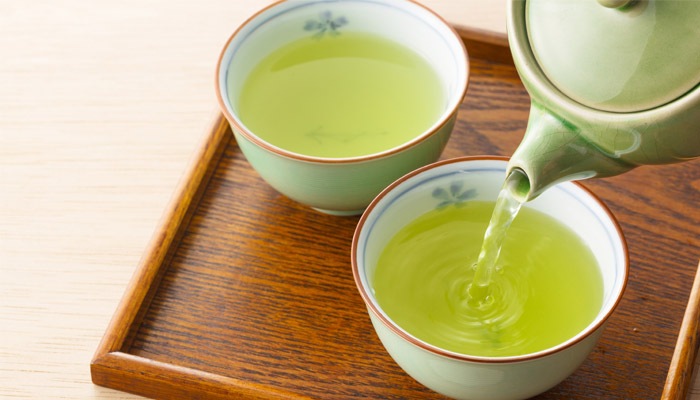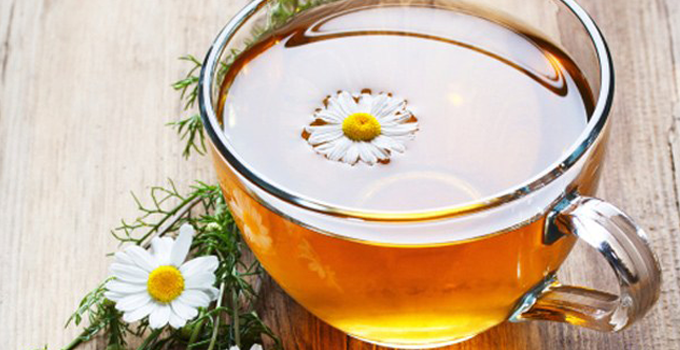
Although tea drinking has been associated with health benefits for centuries, only in recent years have its medicinal properties been investigated scientifically. One must recognize the healthy power of tea while getting the most out of their cups.
Tea’s health benefits are largely due to its high content of flavonoids — plant-derived compounds that are antioxidants. Green tea is one of the healthiest beverages and the best food source of a group called ‘Catechins’. Catechins are more powerful than vitamins C and E in halting oxidative damage to cells and appear to have other disease-fighting properties.
Of course, there is no single super food which can protect you from disease, how healthy are your eating habits and how active you are makes a big difference.
Here are some pointers giving information on various aspects of green tea varying from how to select a particular brand to its health benefits.
- While looking for a Green Tea, look for brands that use all-natural ingredients and have no artificial preservatives. Also, try and opt for these 2 varieties of green tea whenever possible:
(I) Matcha: The green tea leaves are ground into a fine powder, which you can whisk into water for tea. Since you consume the actual leaves, you get more antioxidants than from other green teas.
(II) Hojicha: Made from green tea leaves that are roasted until they’re dark brown. Because it’s picked at the end of the season and roasted at a higher heat than other teas, hojicha contains lower levels of caffeine.
- Ideally, skip the tea bag and opt for fresh leaves. That’s because, with green tea, you want to pour hot water directly over the leaves to extract their essence. Using a tea bag reduces the potency of the chemical reaction. If bagged tea is the only option, cut open the bag and pour water over the contents directly. As for the brewing bit itself, don’t let the water come to a full boil. Instead, pour the water over the tea right before it boils and then let the tea steep for 3-4 minutes.
- One can take 3-5 cups of green tea in a day. It is advisable to drink green tea in between meals i.e. more than one hour after breakfast and lunch because it contain tannin which may decrease the absorption of iron and folic acid.
- Green tea apparently helps regulate glucose levels slowing the rise of blood sugar after eating. This can prevent high insulin spikes and resulting fat storage.
- Green tea contains less caffeine than Coffee but enough to produce an effect. It also contains the amino acid L-Theanine, which can work synergistically with Caffeine to improve brain function.
- Green tea has the properties to lower total and LDL Cholesterol, as well as protects the LDL particles from oxidation. Observational studies show that green tea drinkers have a lower risk of cardiovascular disease.
- Green tea also boosts the metabolic rate and increase fat burning. This in turn helps in reducing weight.
- Green tea has power anti-oxidants that may protect against cancer. Multiple studies have indicated that green tea drinkers have a lower risk of various types of cancer. Tea catechins are strong antibacterial and antiviral agents which make them effective for treating everything from influenza to cancer. In some studies green tea has been shown to inhibit the spread of many diseases.
- The bioactive compounds in green tea can have various protective effects on nervous system and may reduce the risk of both Alzheimer’s and Parkinson’s, the two most common neuro degenerative disorders.
- Green tea gives a feeling of satiety thus reducing the quantity of food one eats.


 Whether it is after a hard day’s work, or it is raining outside or it’s just a conversation … a cup of tea has to be there for company. Without tea it just seems so incomplete and one feels not so refreshed.
Whether it is after a hard day’s work, or it is raining outside or it’s just a conversation … a cup of tea has to be there for company. Without tea it just seems so incomplete and one feels not so refreshed.


